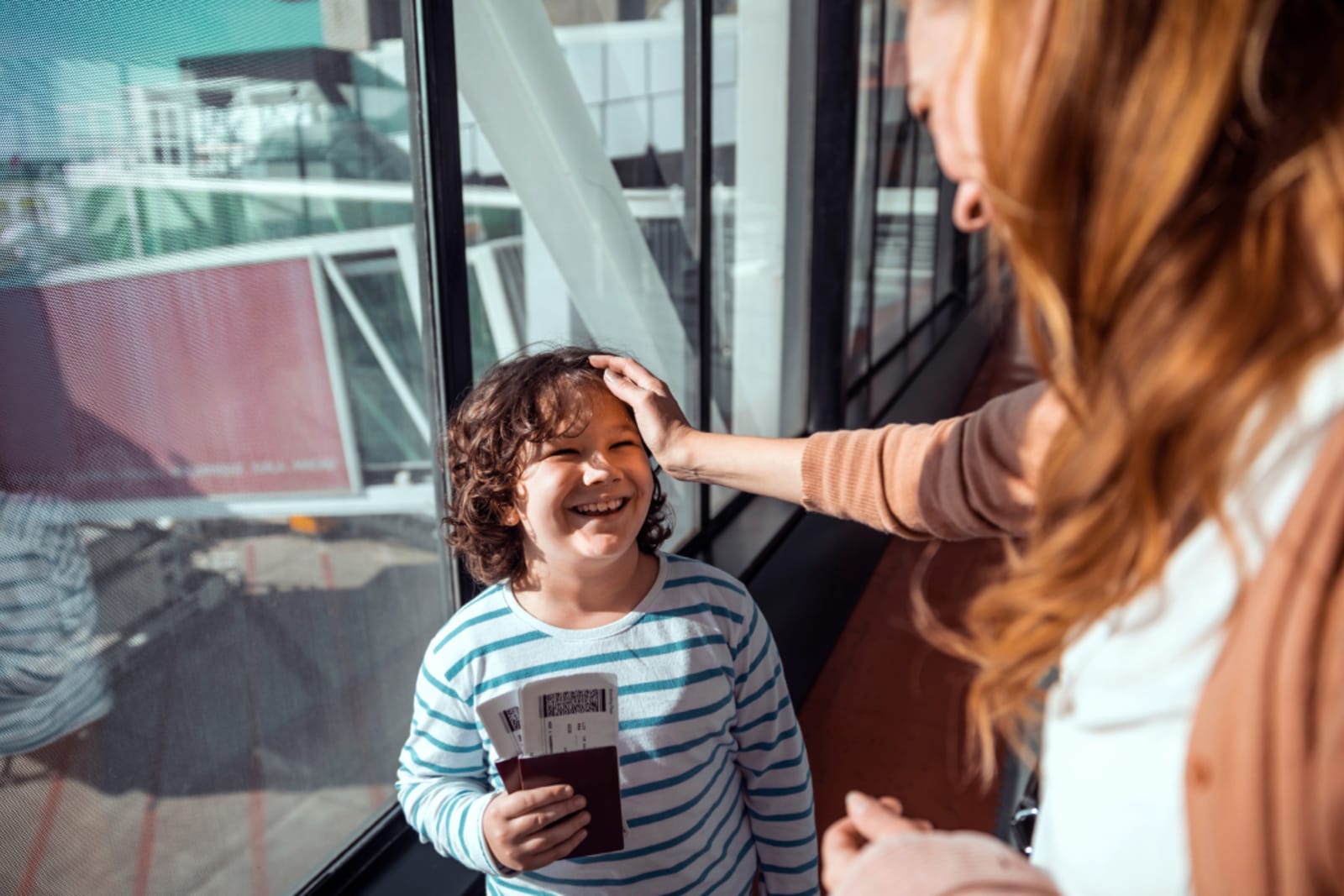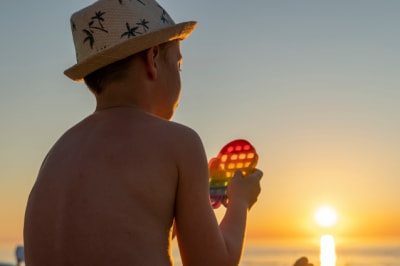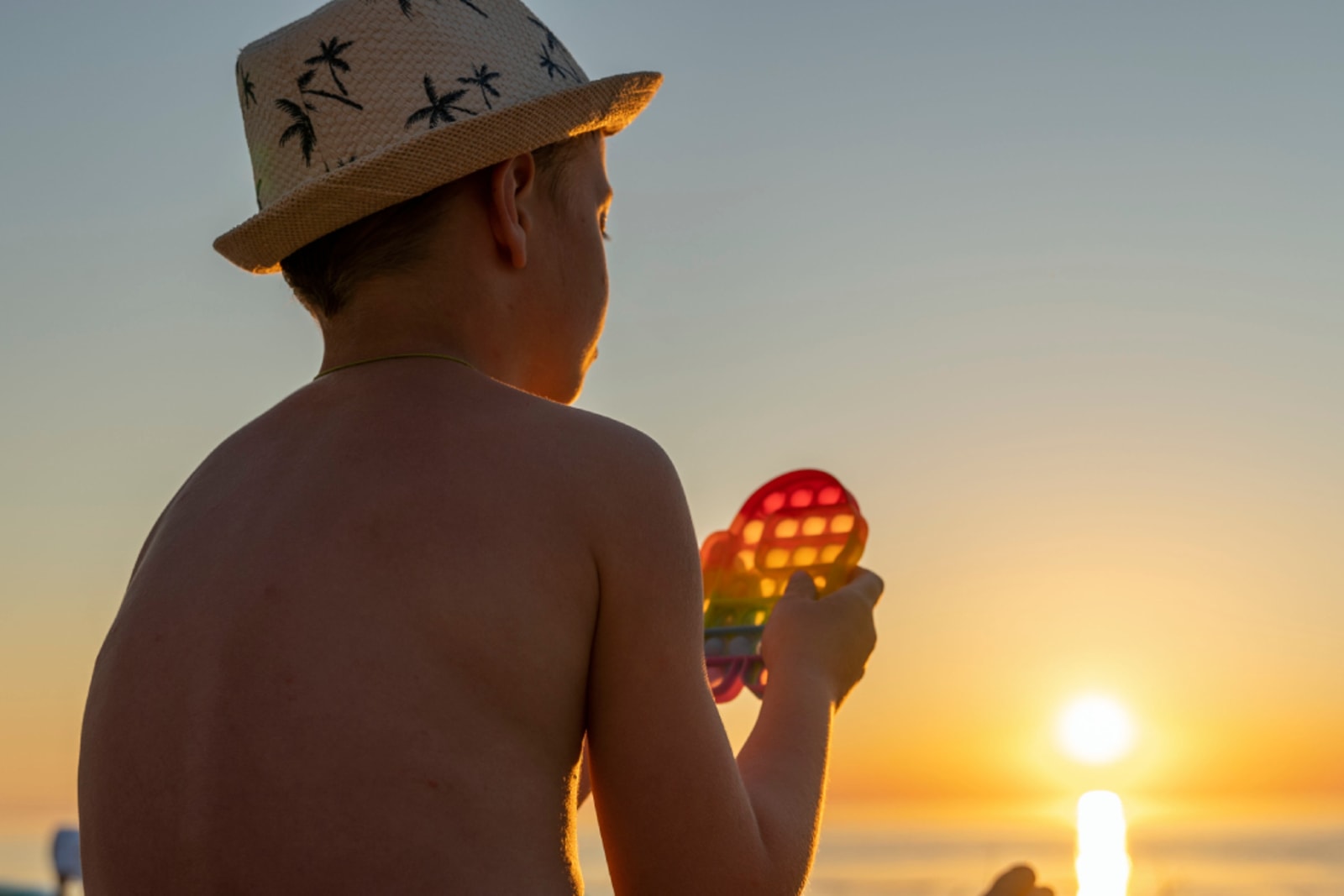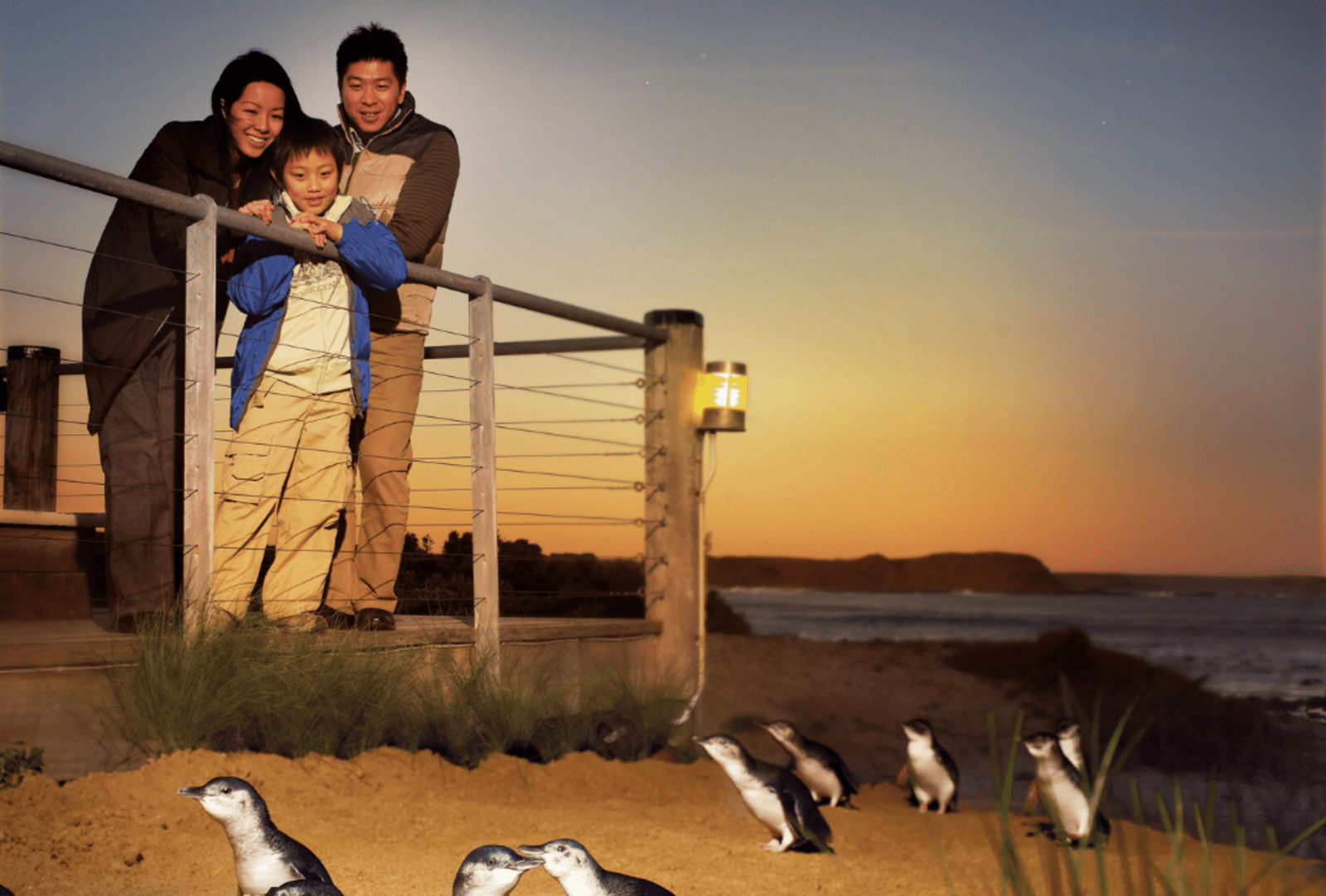Top Tips for Travelling with Neurodiverse Kids
Travelling with a neurodiverse child? Check out our top travel tips for travelling with neurodiverse kids.
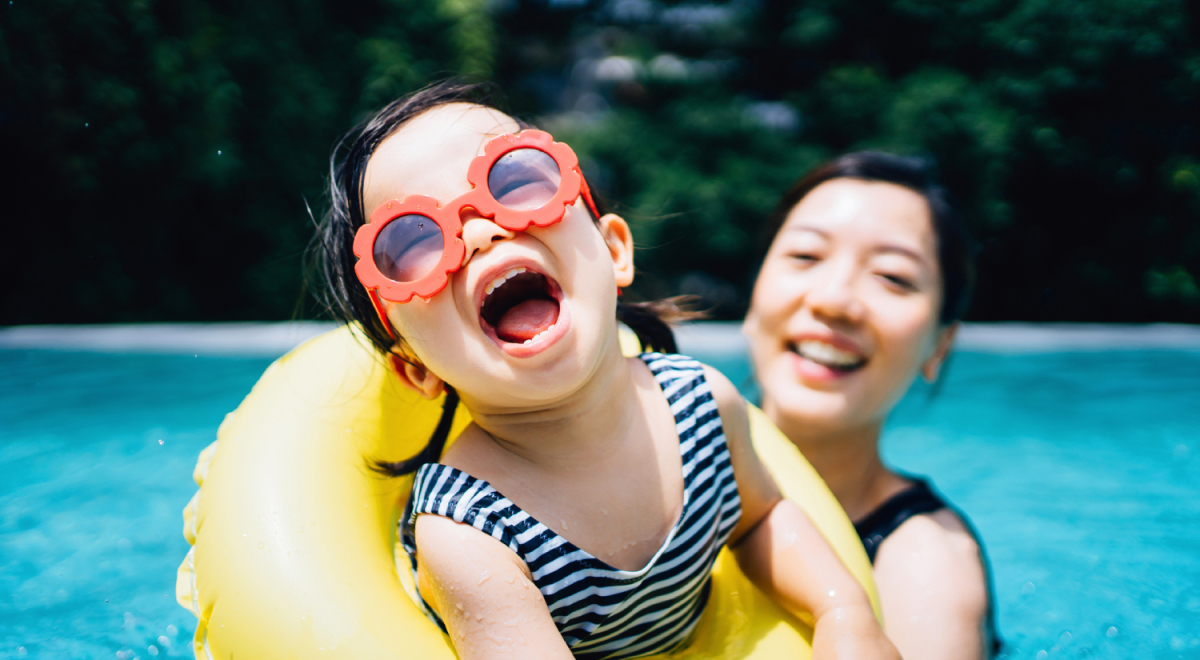
Travelling with a neurodiverse child? Check out our top travel tips for travelling with neurodiverse kids.
...loading
Site quick links
Help & support
Flight Centre acknowledges the Traditional Custodians of Country throughout Australia.
© Flight Centre Travel Group Limited. ATIA Accreditation No. A10412.
*Travel restrictions & conditions apply. Review any specific conditions stated and our general terms at Terms and Conditions. Prices & taxes are correct as at the date of publication & are subject to availability and change without notice. Prices quoted are on sale until the dates specified unless otherwise stated or sold out prior. Prices are per person.


